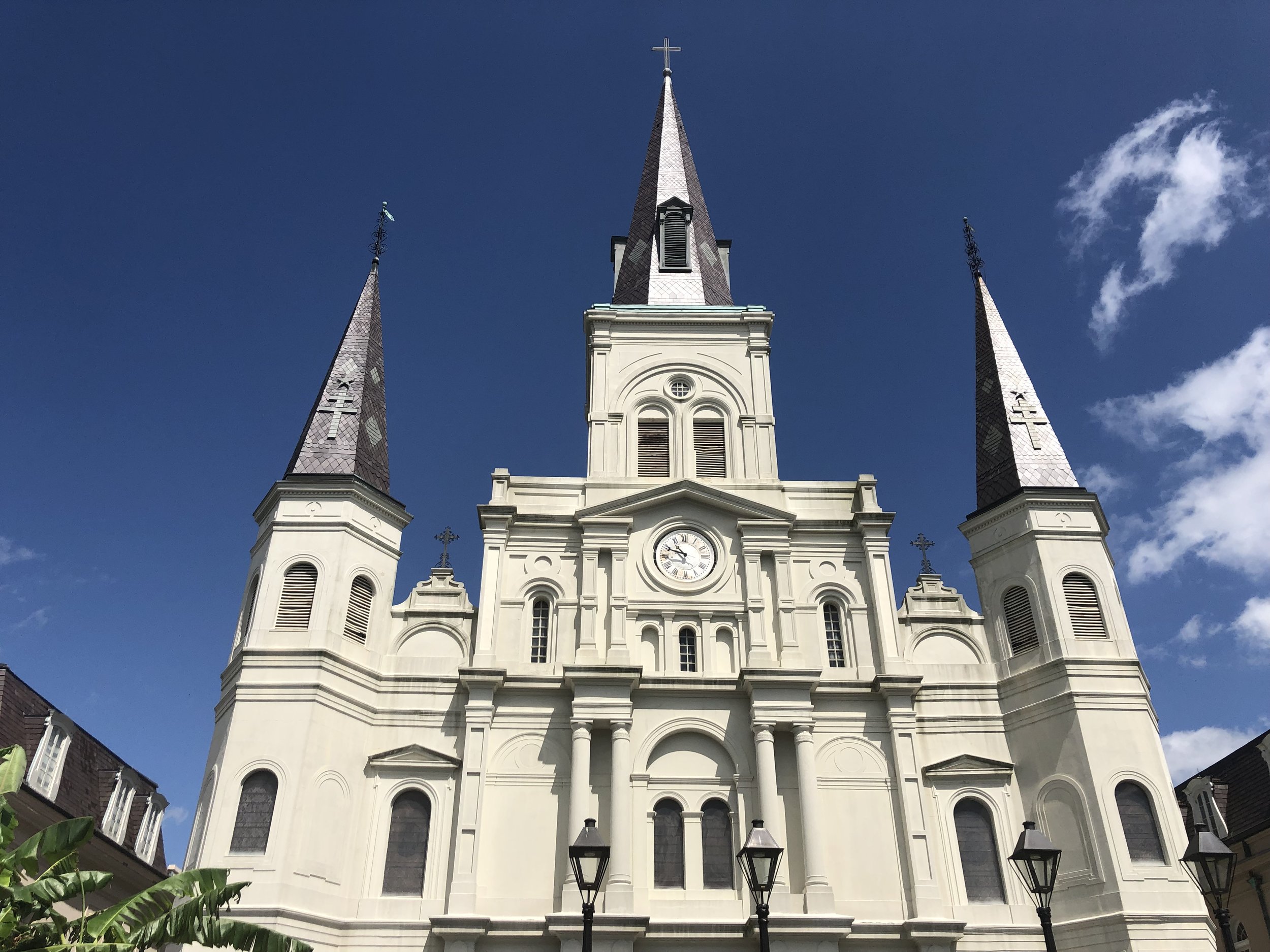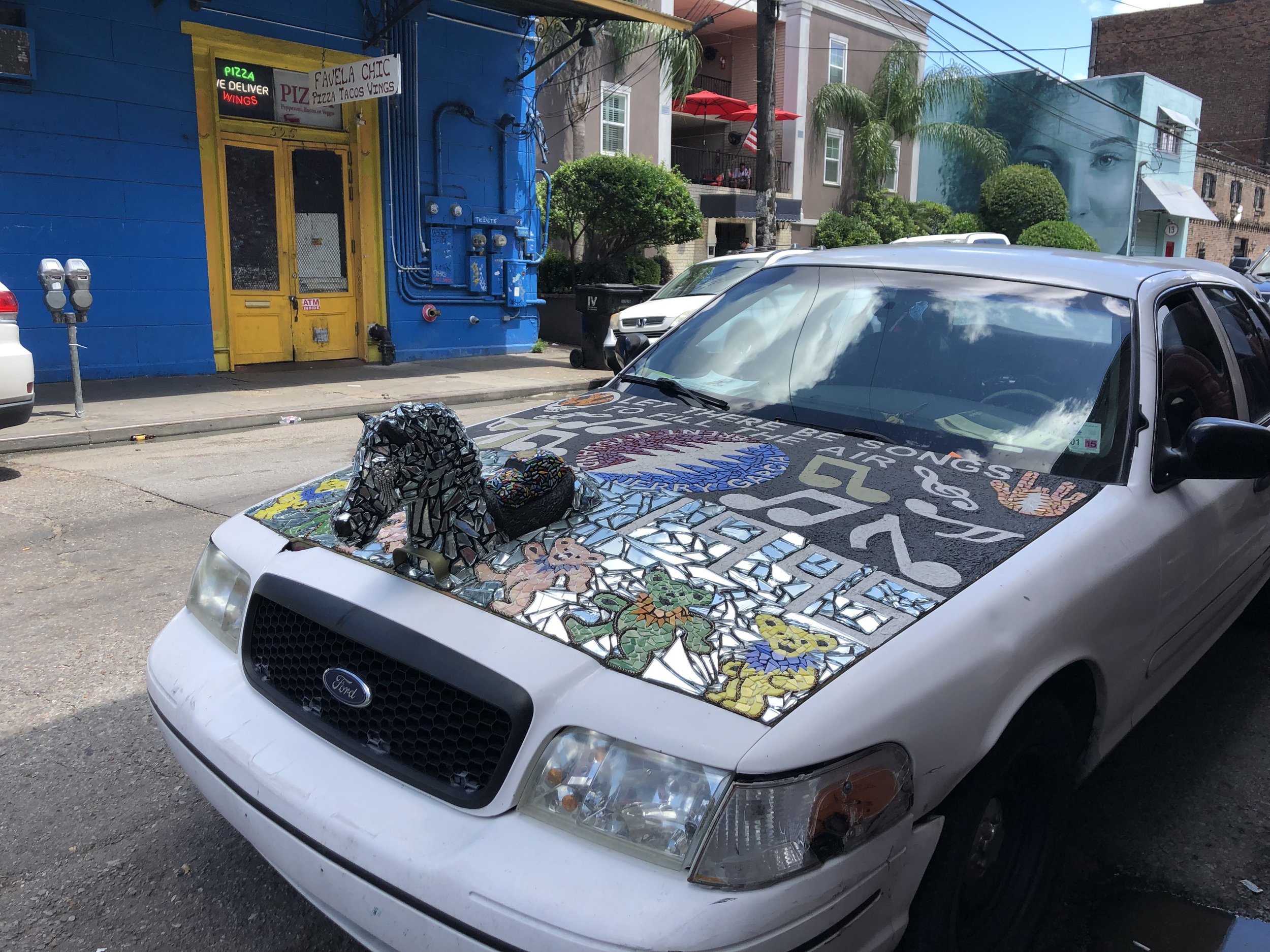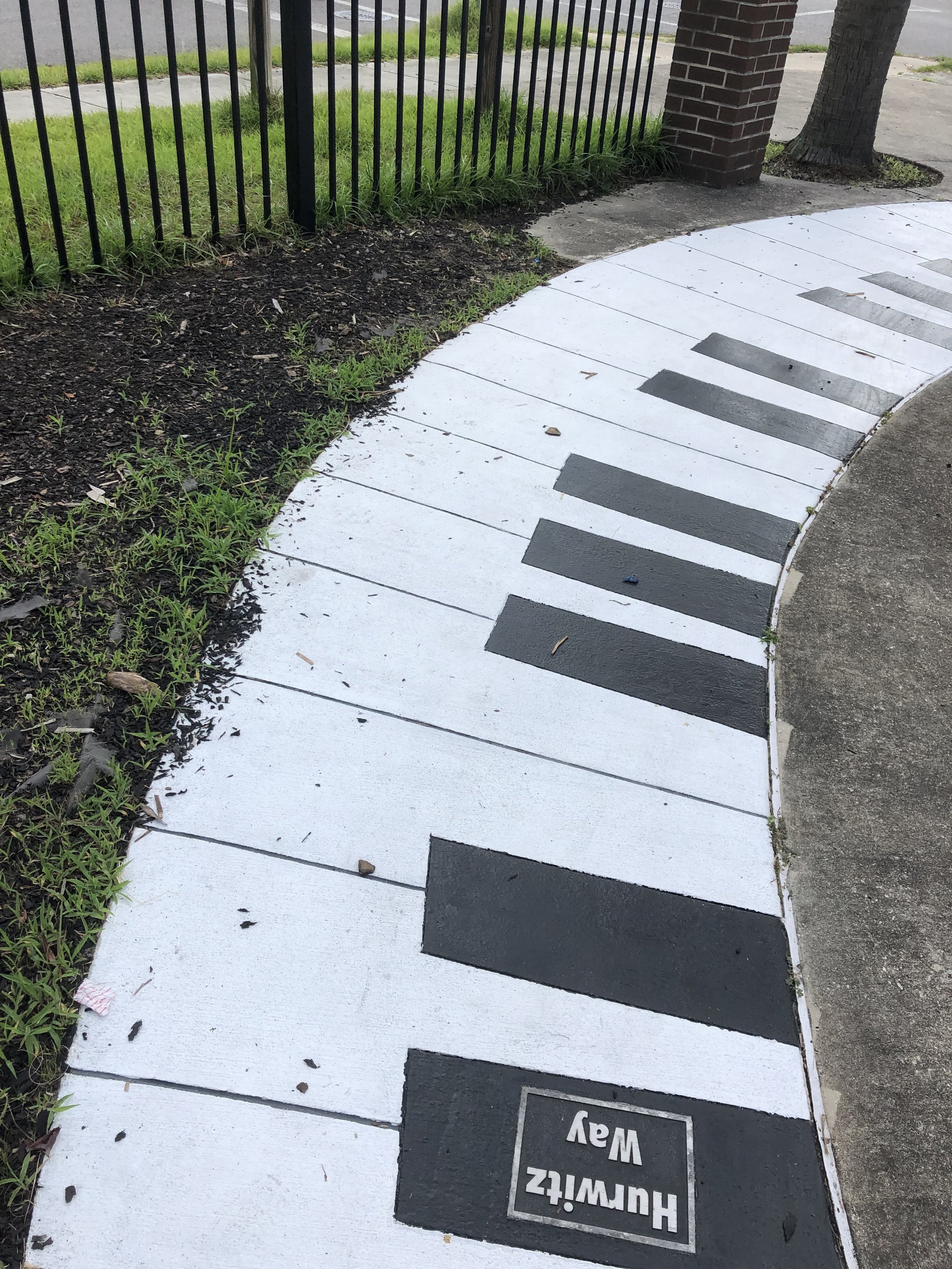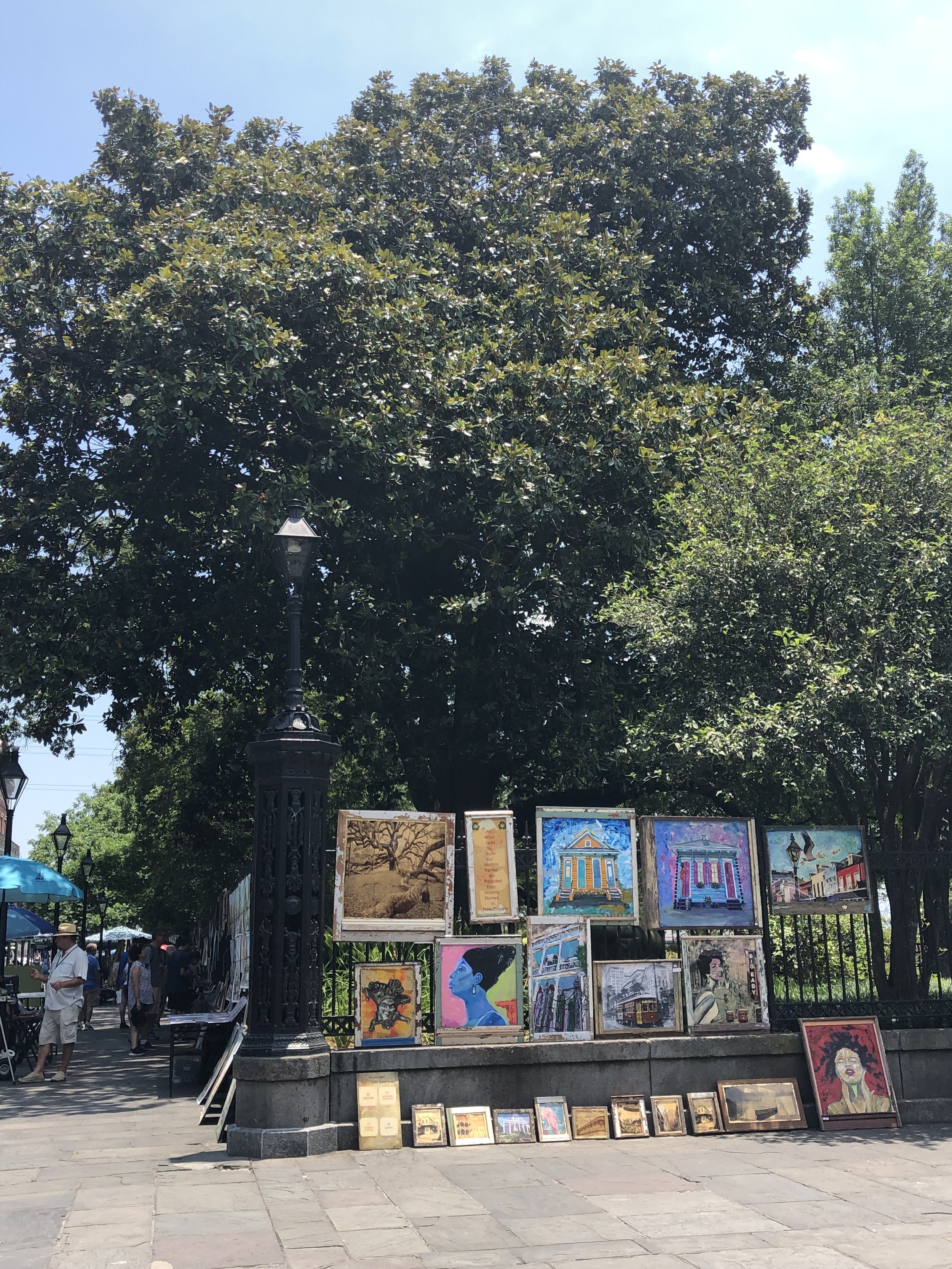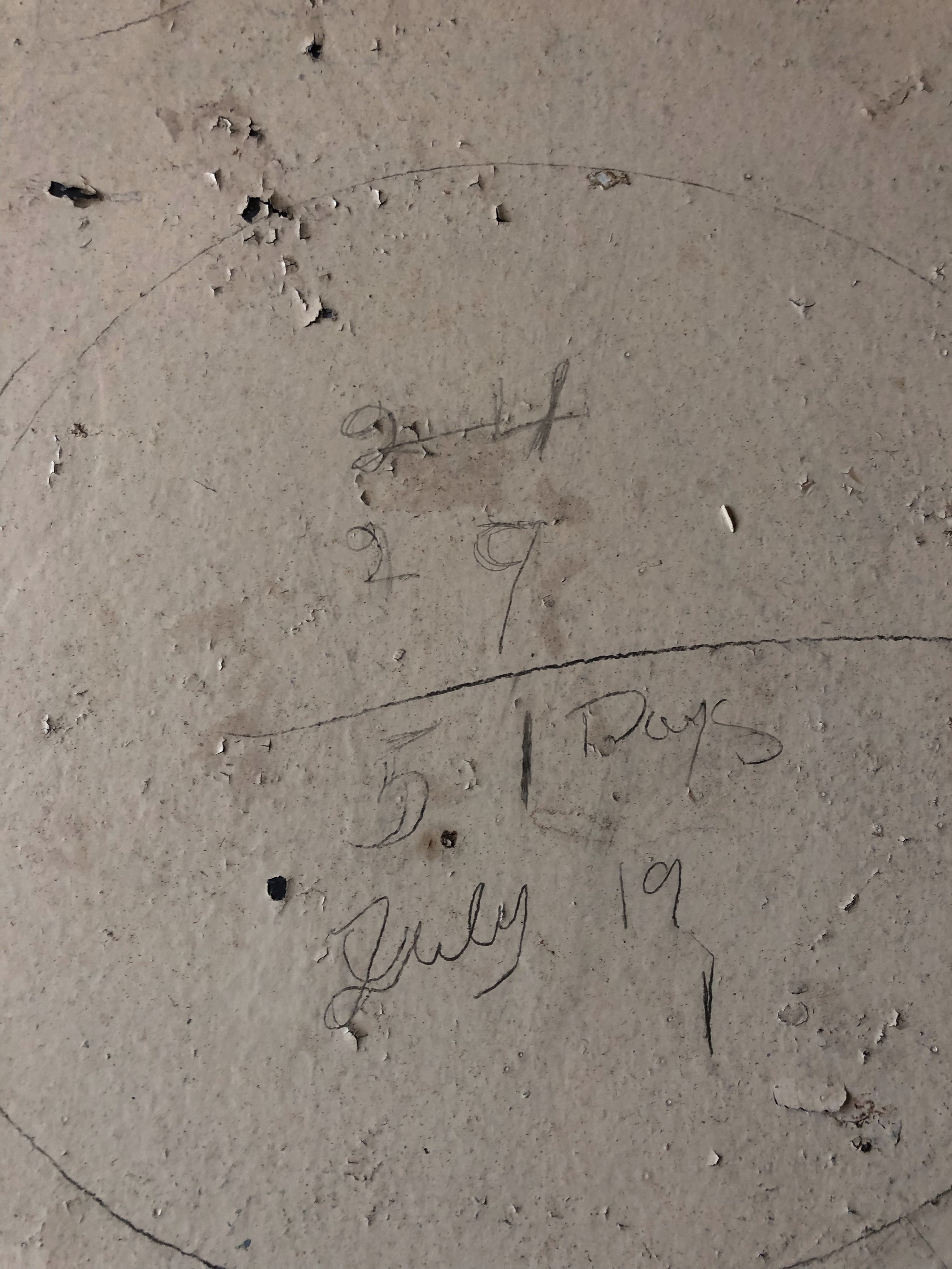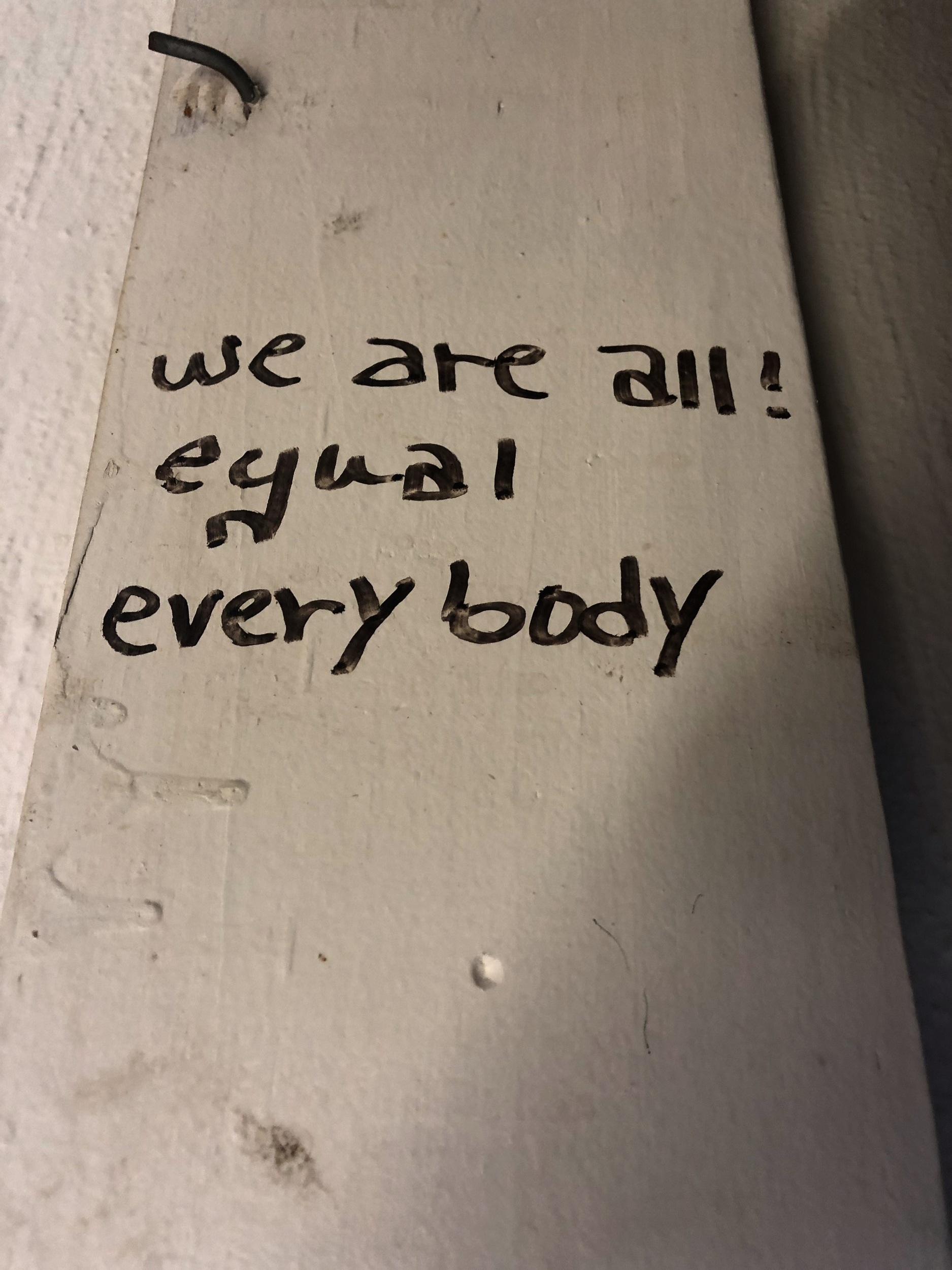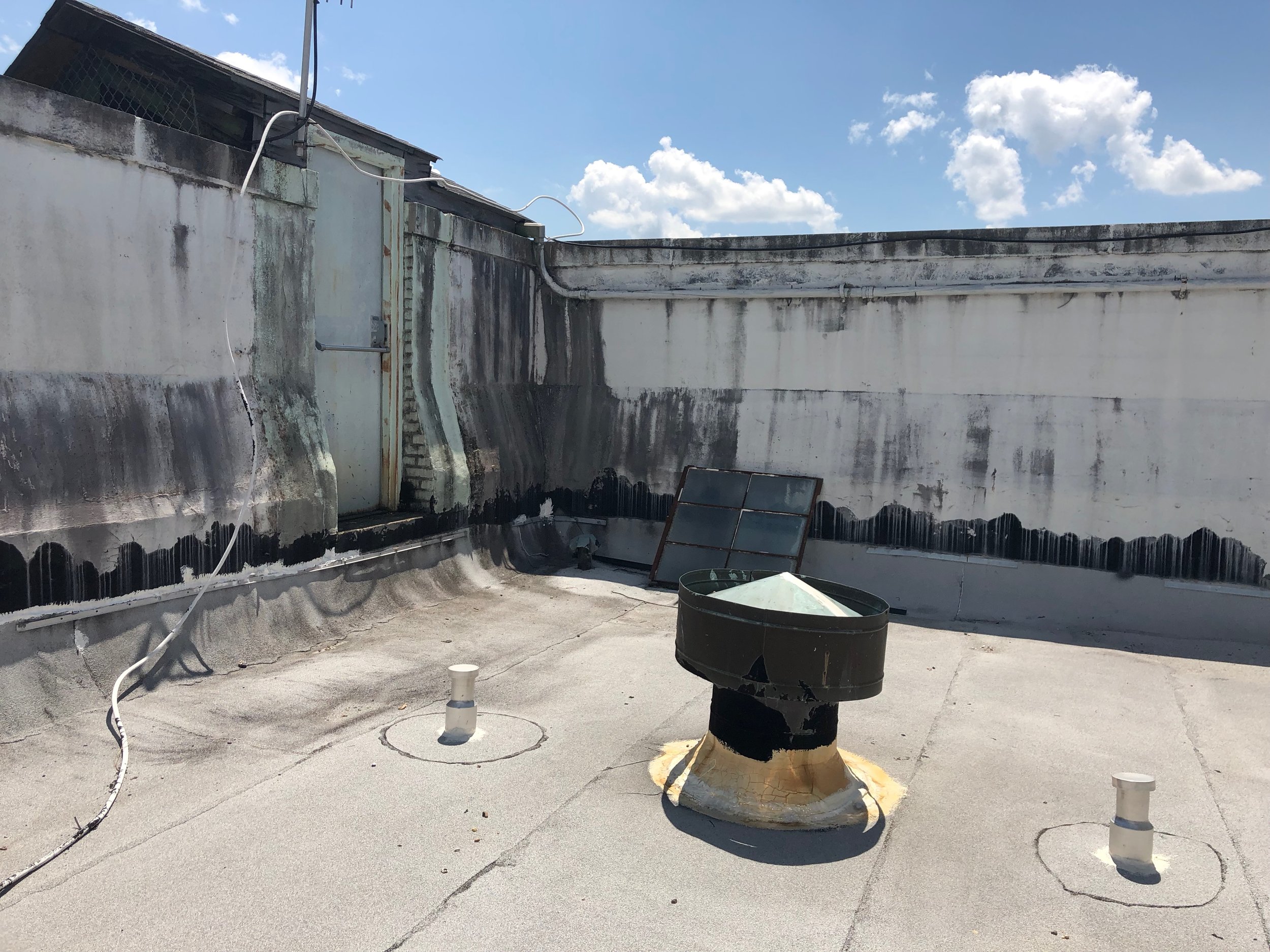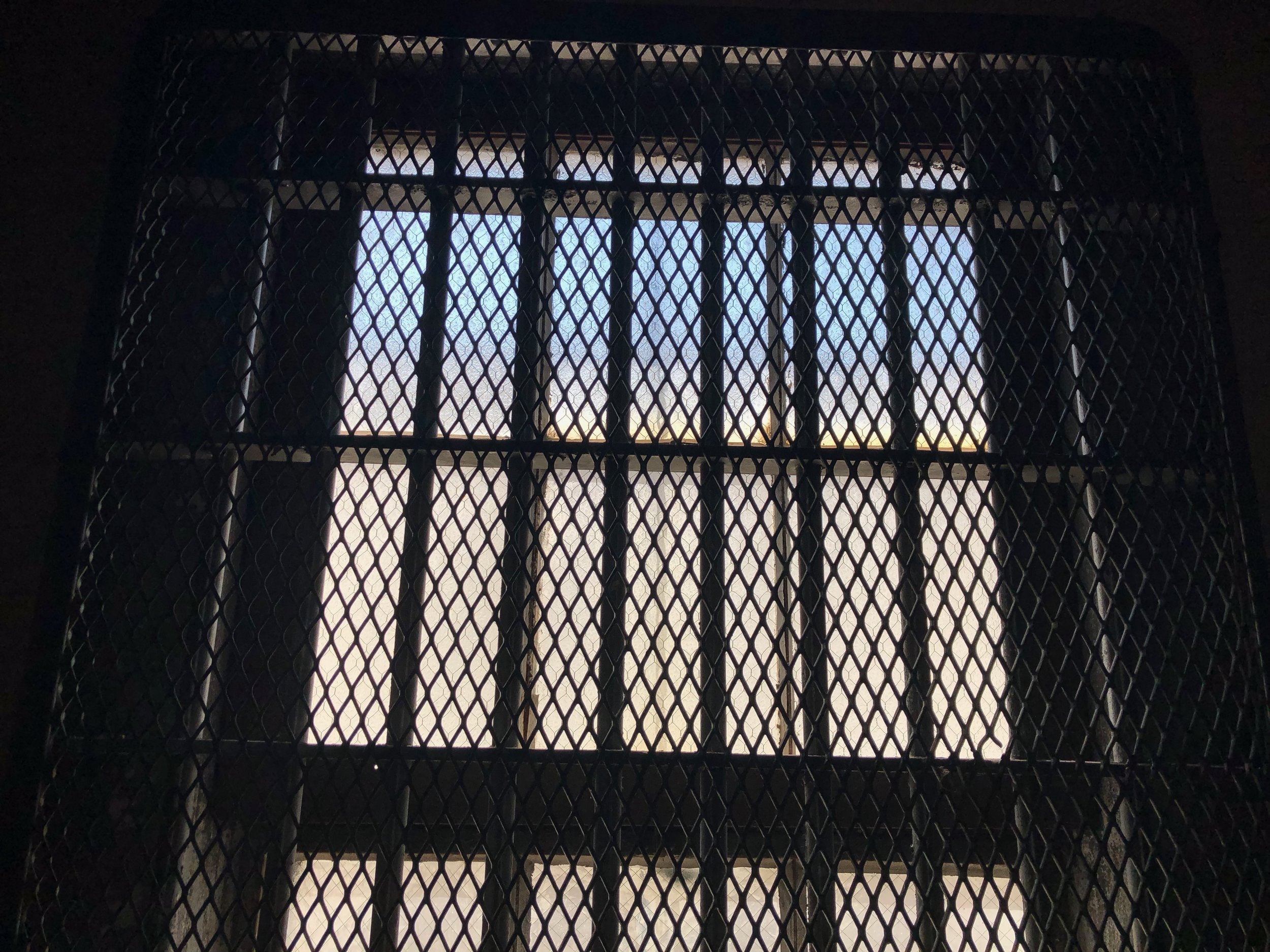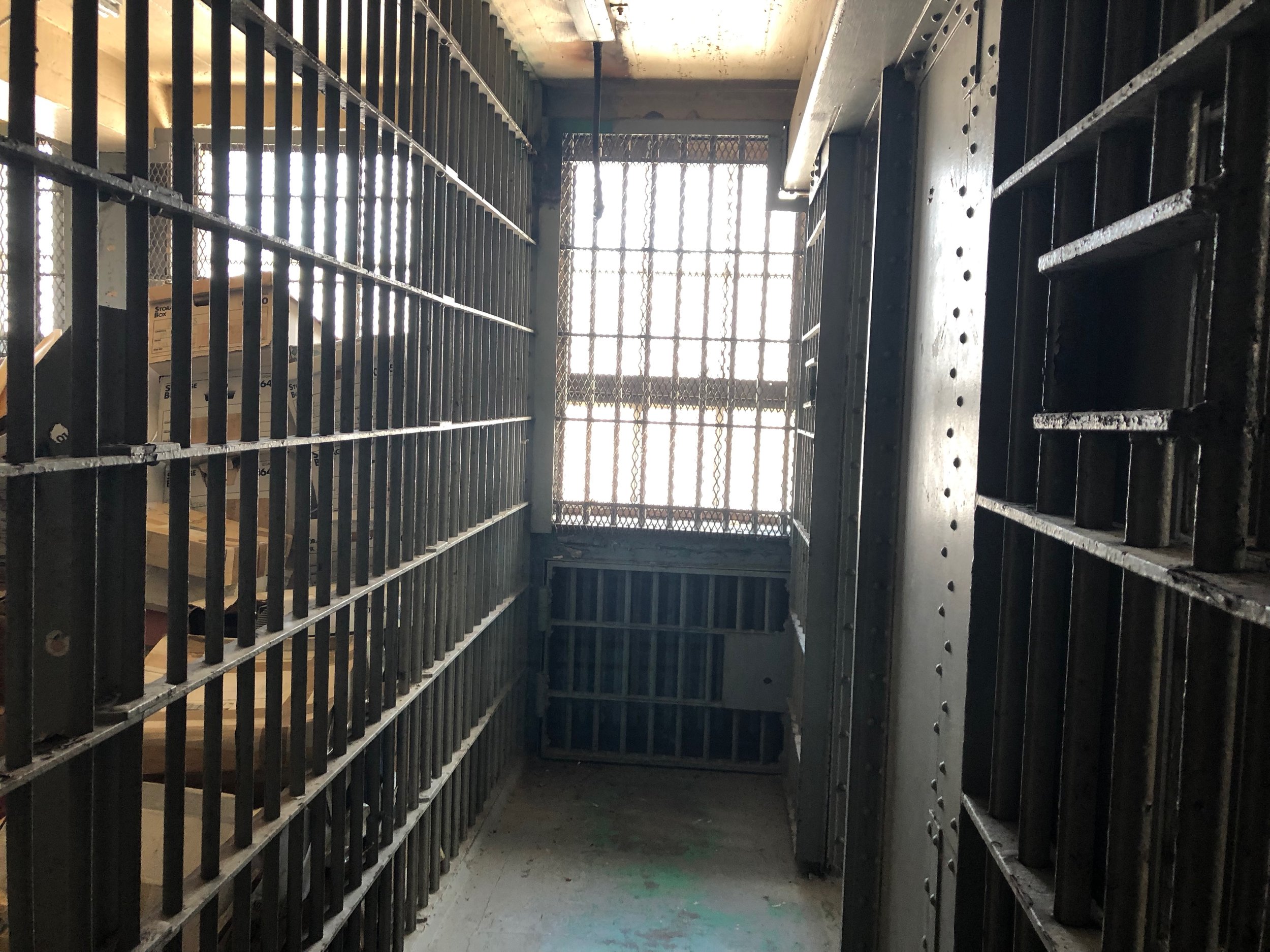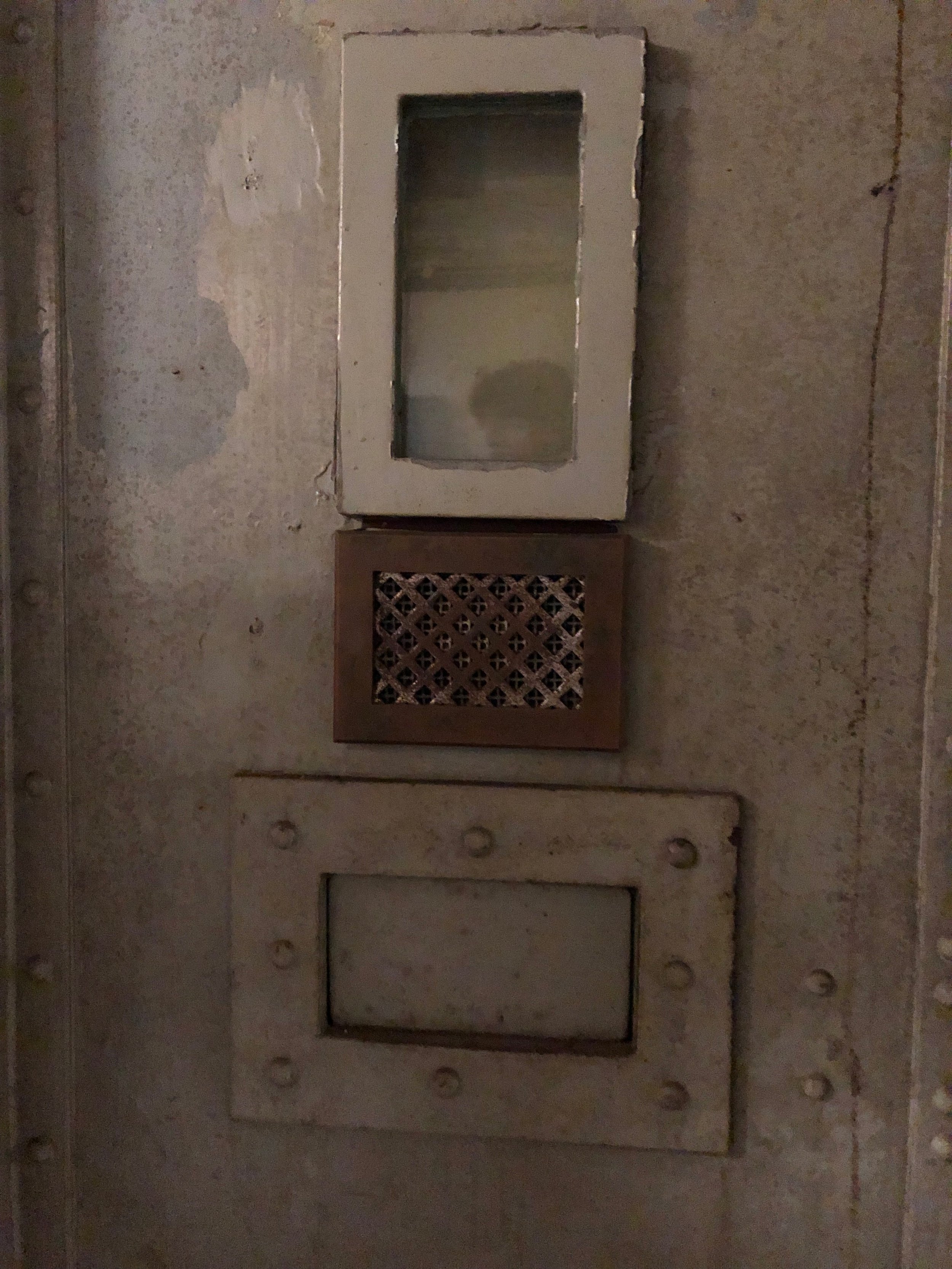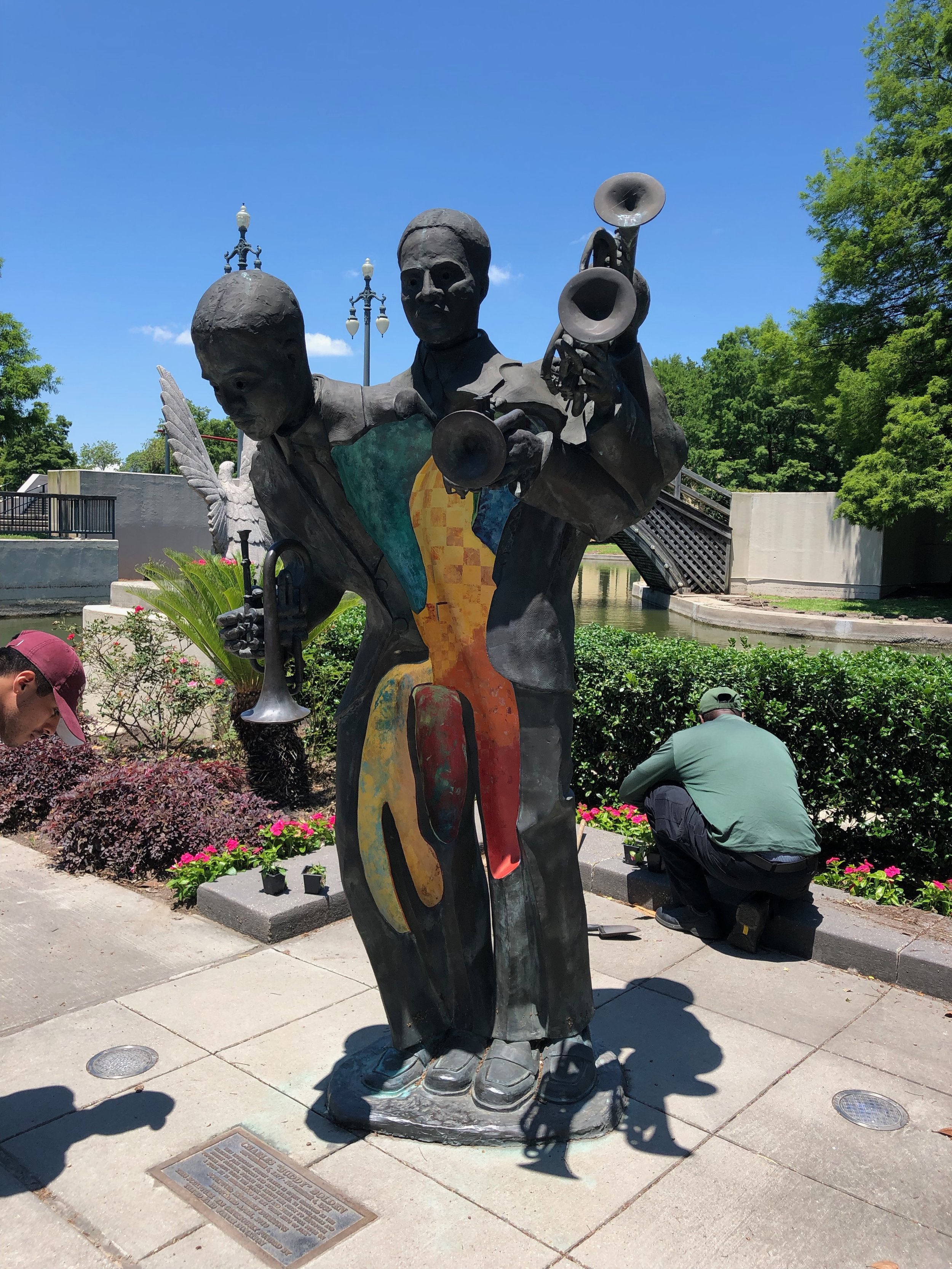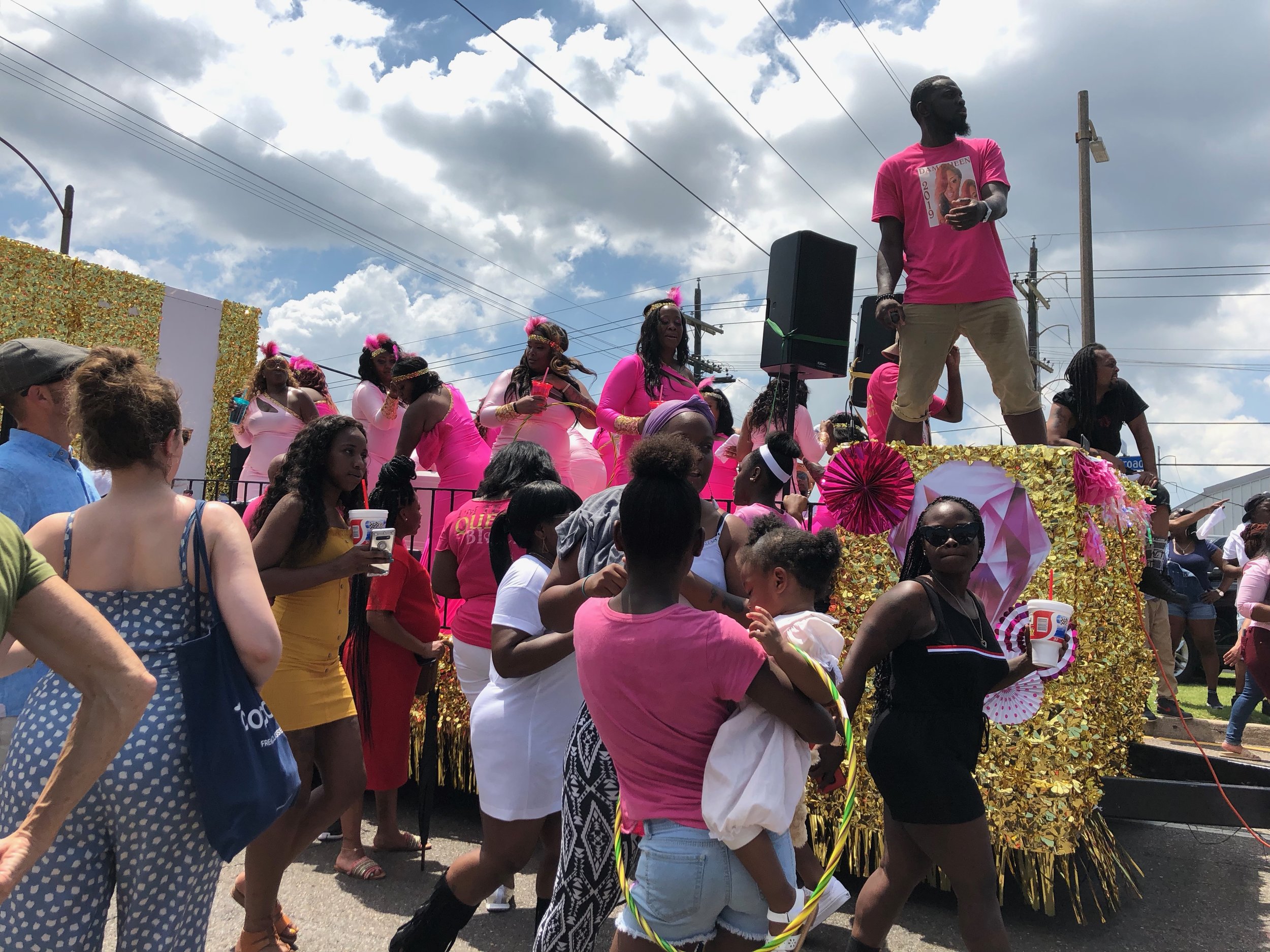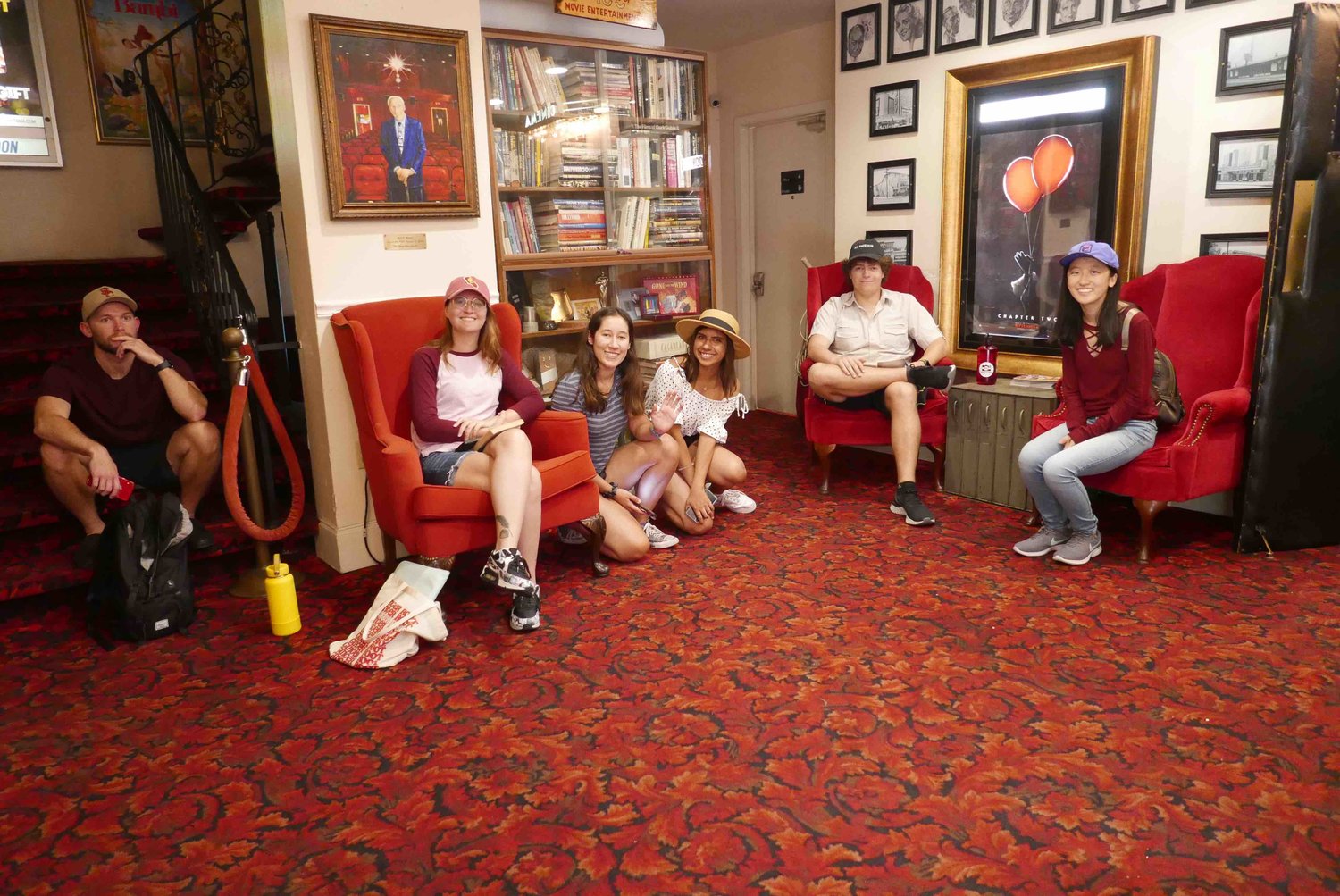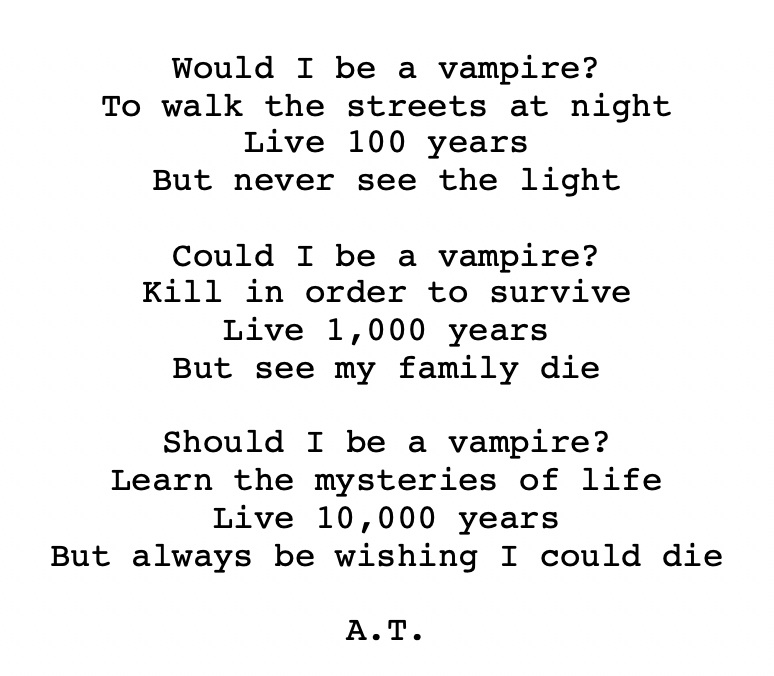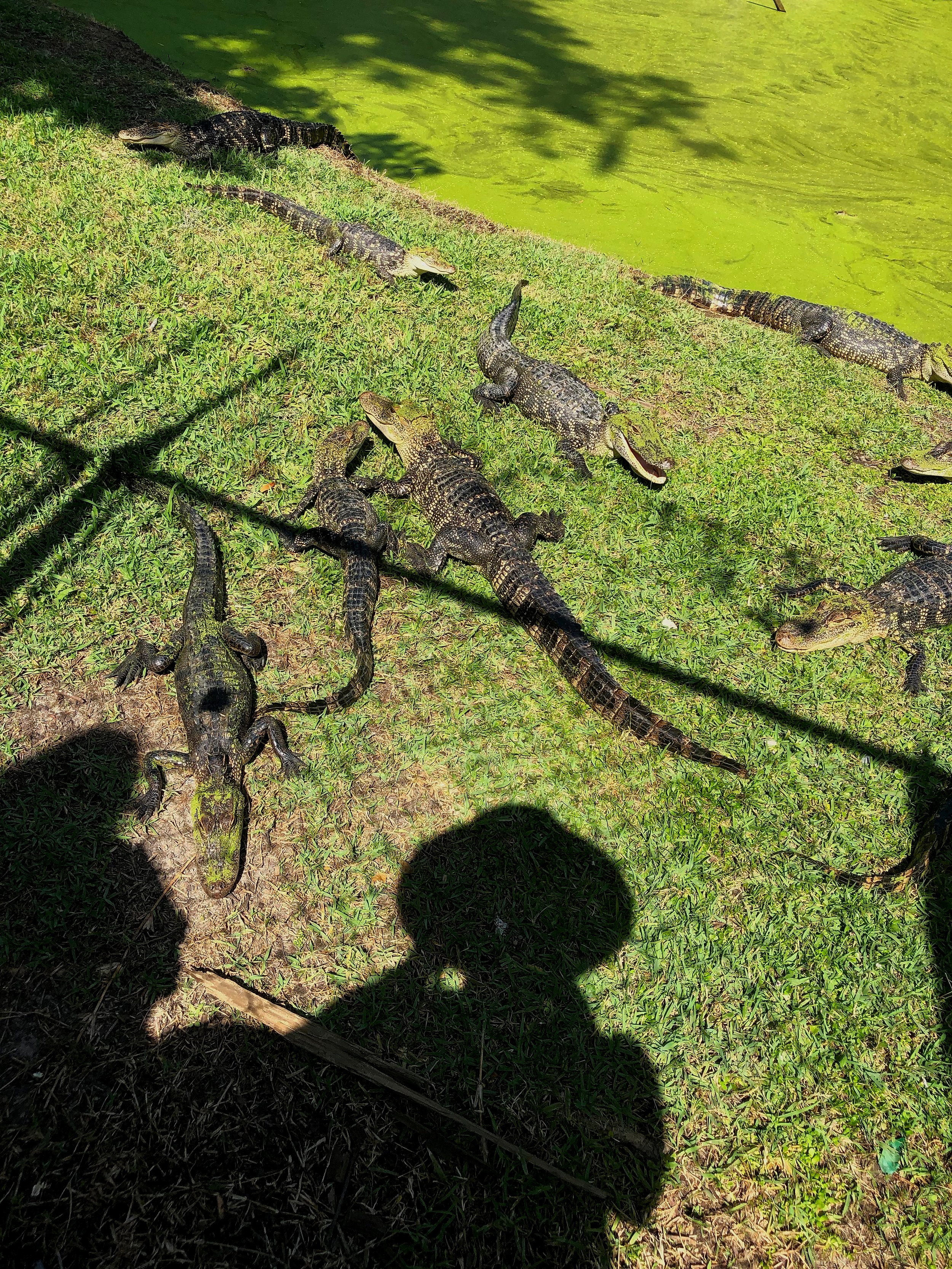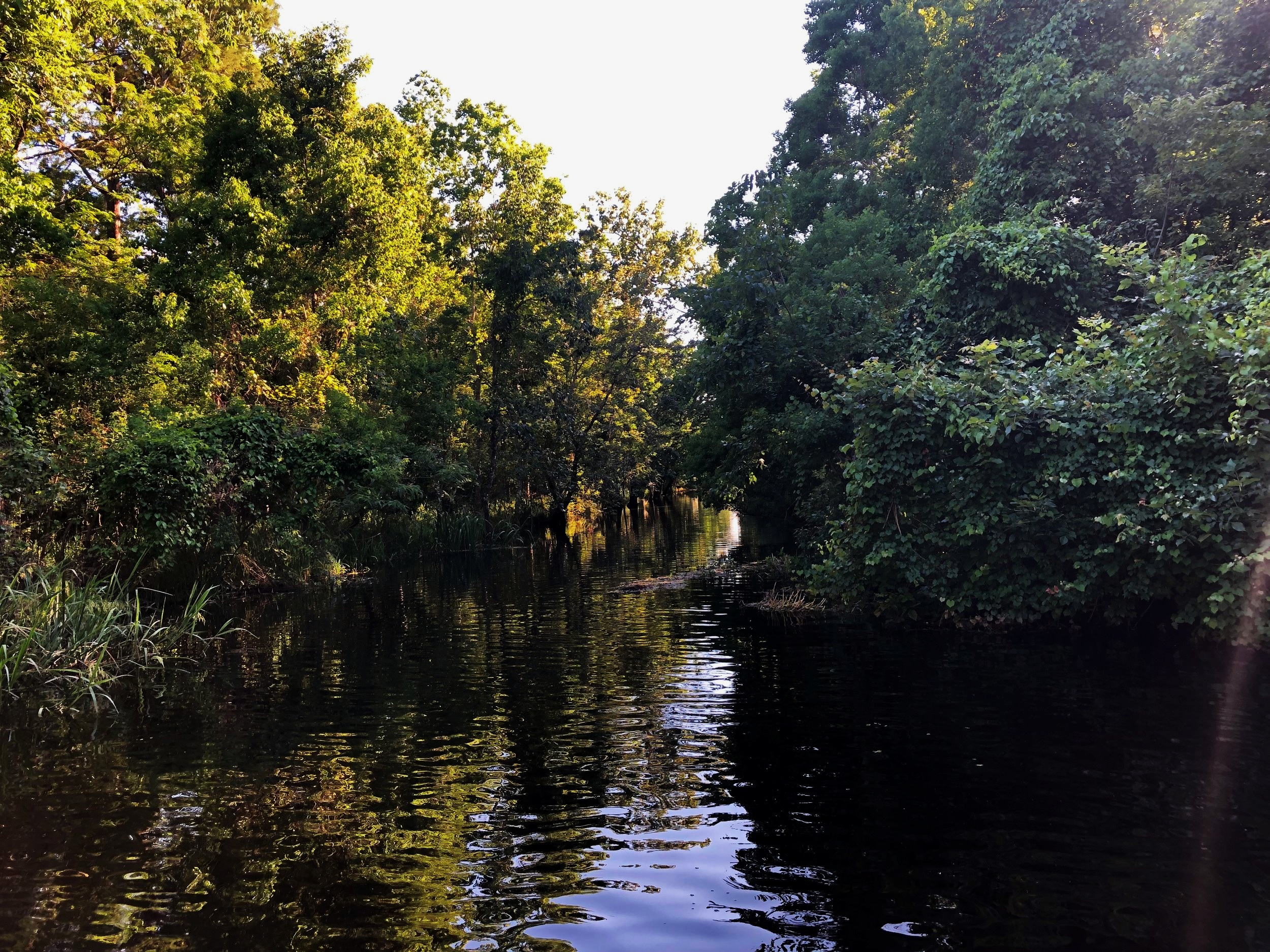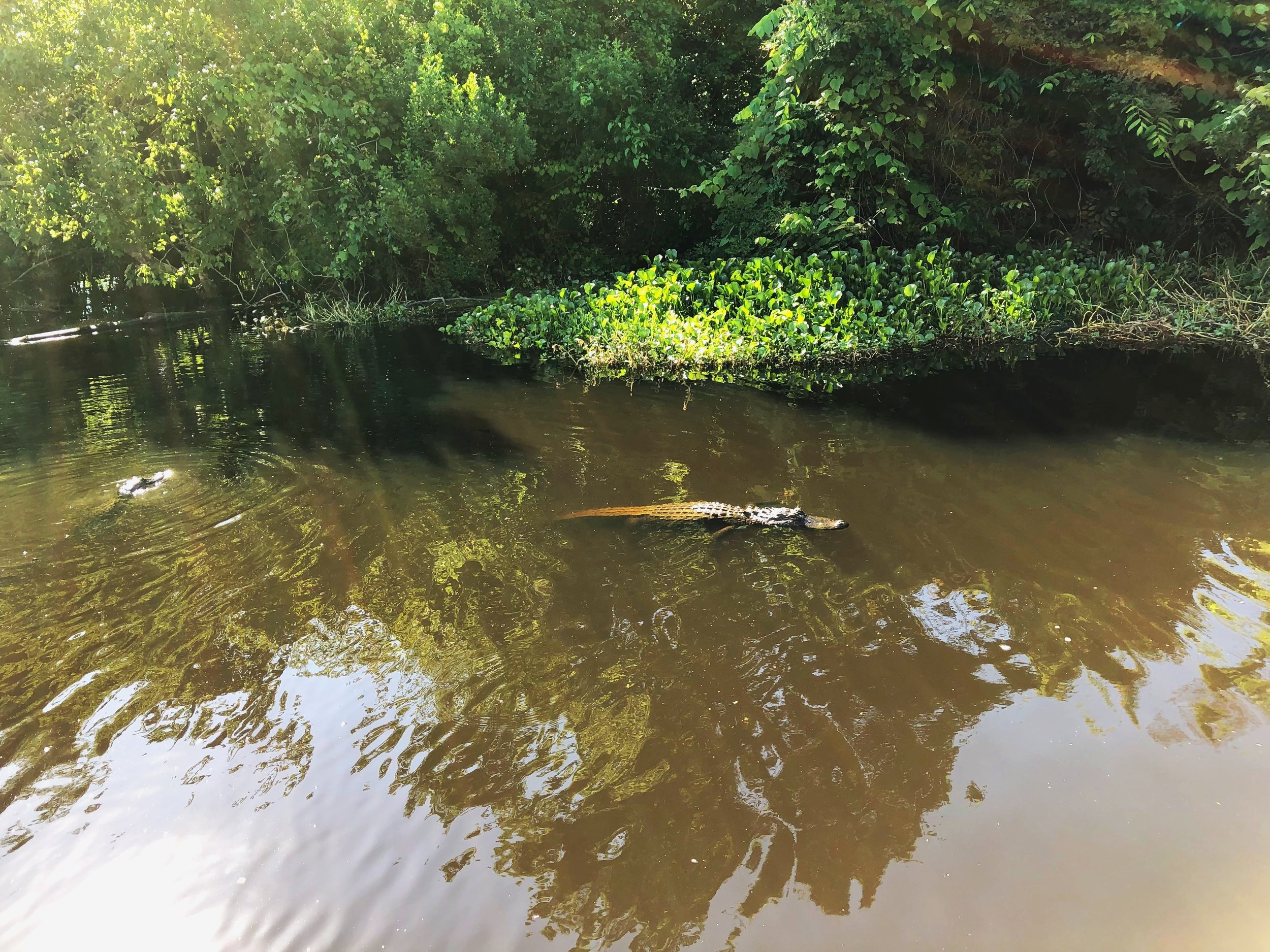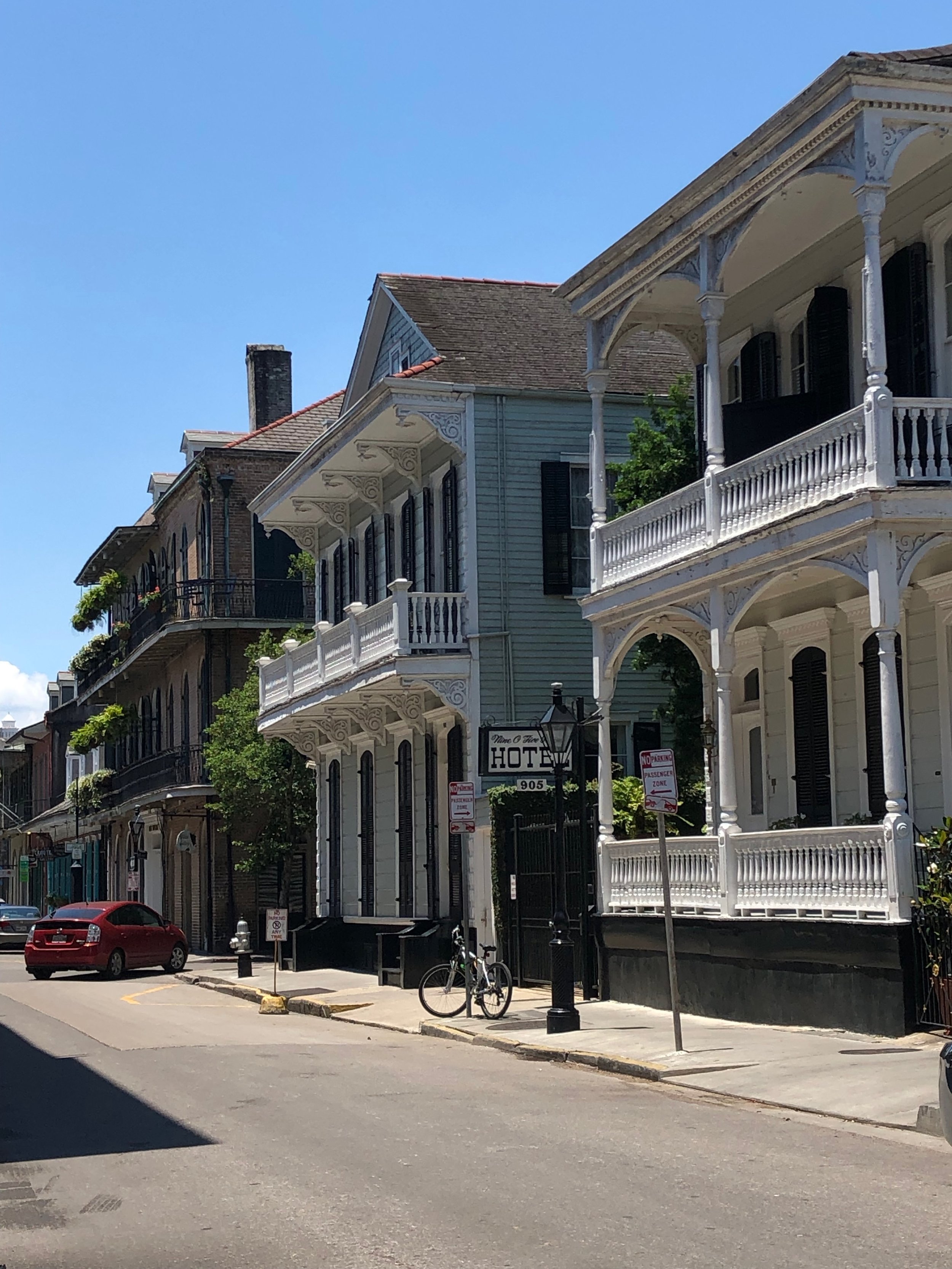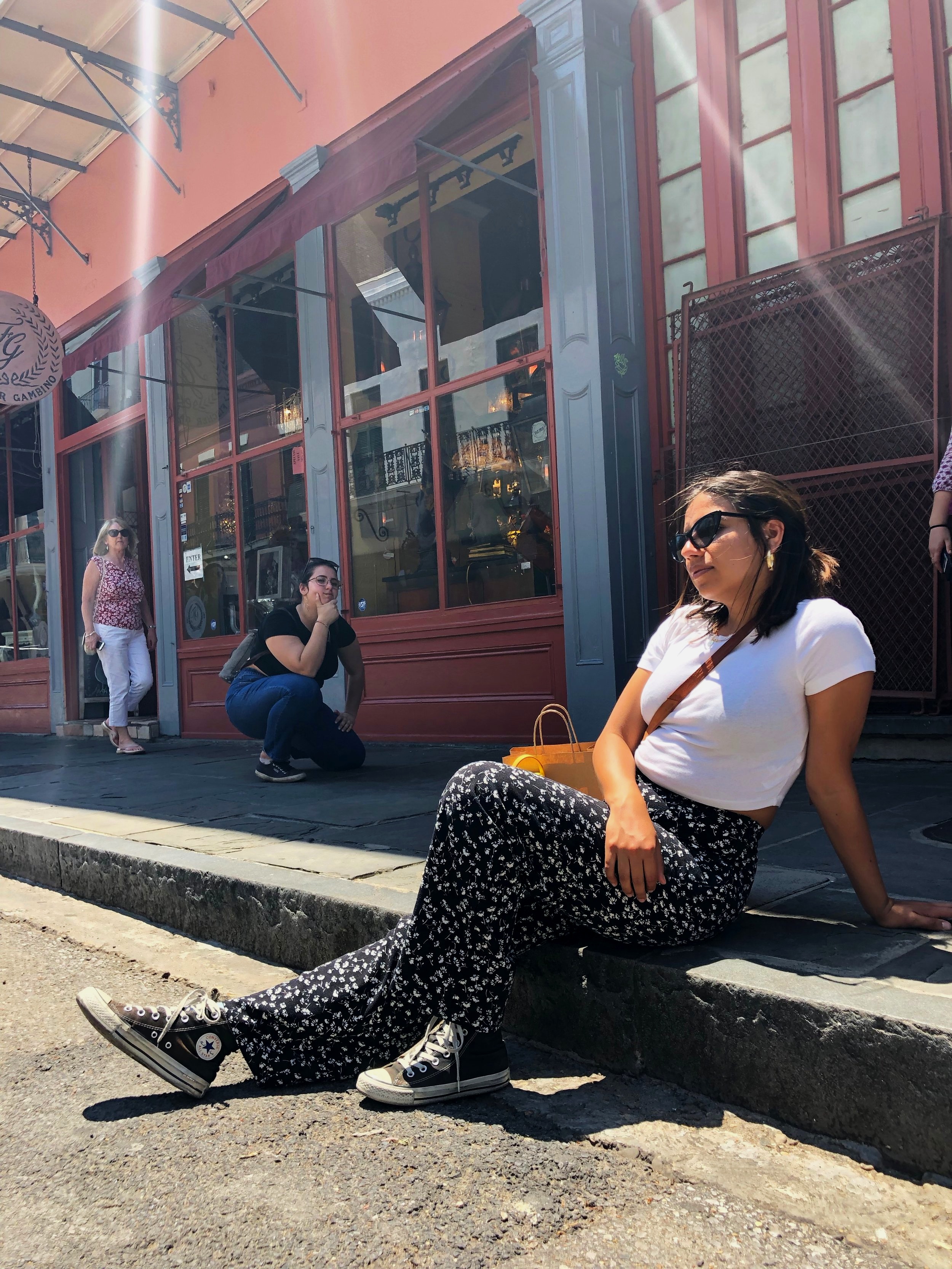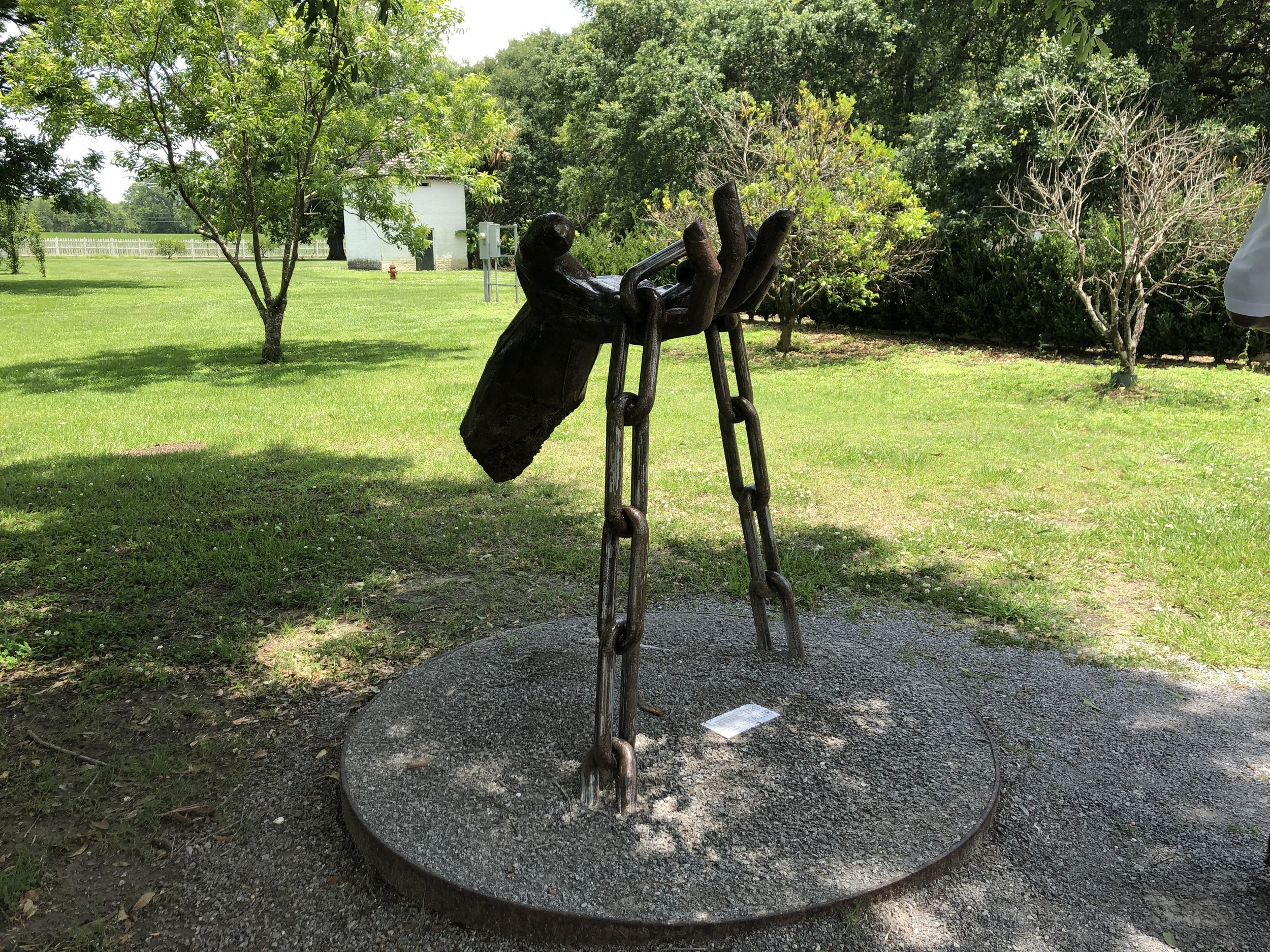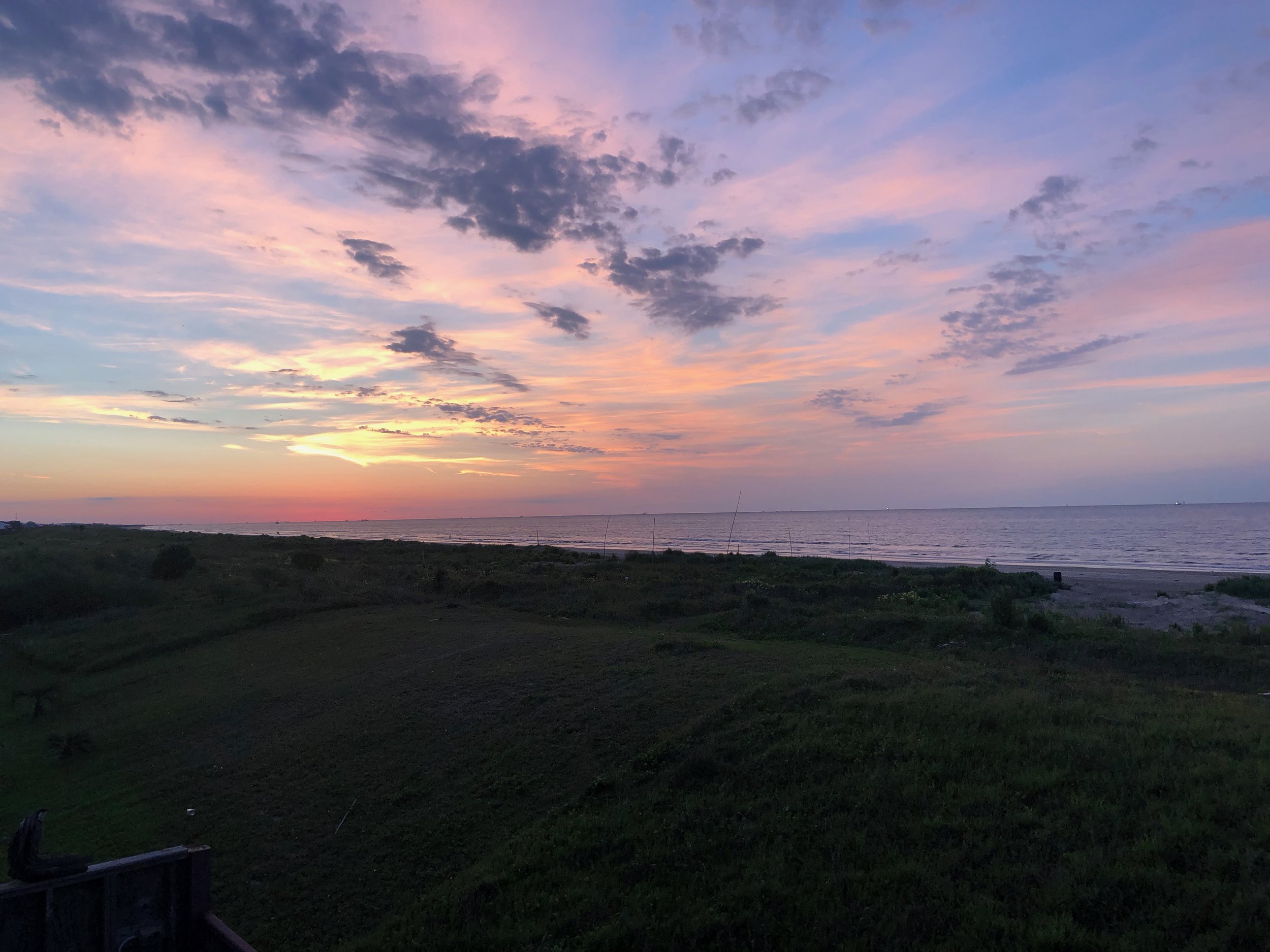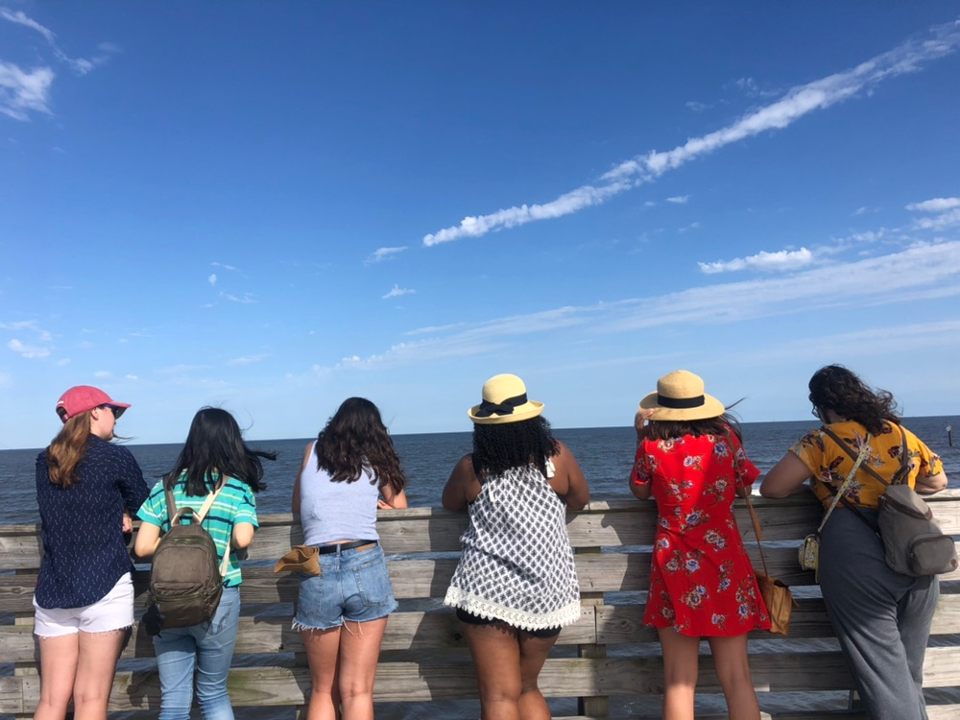“Confederacy of Dunces” by John Kennedy Toole is quite honestly, the strangest book I have ever read but also my favorite book from this bookpacking experience. It was such an odd conglomeration of absurdities and profundities that I really did not know what to make of it. What frame of mind was the individual who wrote this? Did he really believe these absolutely insane ideologies that he wrote of?
It follows the life of Ignatius Reilly, a completely absurd, flatulent, narcissist who cannot seem to stop falling down nor hold down any form of employment. He constantly clashes with his overbearing mother and her judgmental friends. He is quite frankly a failure of education system, a thirty-year-old man with a plethora of degrees and education who cannot function in society. His scathing manifesto of humanity and inability to say a word that is not an insult is a complete crack up but it took me a while to get used to it. No wonder Ignatius had a valve problem, all that negativity would clearly cause some acid reflex issues at minimum.
My immediate reaction was more or less irritation but once I got past my expectation for high-brow literature I realized just how special the novel is. It’s a sort of love note to New Orleans through a plotless piece of satire that feels almost like a preface. It is not until the final chapter that the exposition finally begins but that is exactly what makes the book so enjoyable. Readers do not need to get caught up in the complexity of the plot but can come to accept Ignatius and his shenanigans for what they are.
“Canned food is a perversion,’ Ignatius said. ‘I suspect that it is ultimately very damaging to the soul.
― John Kennedy Toole, A Confederacy of Dunces
”
When I got to thinking about it, Toole was clearly satirizing so much of the tensions that exist among humans in the world. I remember Andrew asking the class, “do you think Toole supported Ignatius’ way of life?” and my immediate thought was “no.” You can’t be an Ignatius to write an Ignatius. His entire existence was is meant to spark irritation in the reader. His constant complaints about his valve? Maddening. The fact that everything that could possibly go wrong always went wrong? Exhausting. Yet, I enjoyed so much of it. I found myself laughing and smiling throughout the book. In fact, it almost resonated with me on a personal level. Not because I too have valve issues or have absurd ideologies but because of his education.
“
You could tell by the way he talked, though, that he had gone to school a long time. That was probably what was wrong with him.
― John Kennedy Toole, A Confederacy of Dunces
”
Before I left on this trip, my mother texted me “Have a great time, think about grad school while you are out there.” I hope to pursue graduate school and someday obtain a PhD, but I strongly fear becoming an Ignatius. While exploring the city, I just kept seeing things through Ignatius’ eyes. At every hot dog cart, I let out a small chuckle, while watching a film at the Prytania, I imagined a belligerent Ignatius throwing his popcorn around yelling insults. Despite all that I remembered everyone’s path is their own. There is no timeline that I need to follow in accordance to my life. In addition, I don’t have to relate to every character, in fact, I can hate them and still enjoy the book all the same. All in all, I haven’t reached a conclusion on graduate school but I know I’ll figure it out. Ignatius is my anti-hero and although he didn’t provide me with any sort of clarity with my future goals, he definitely entertained me. New Orleans would not have been half as exciting without Toole’s insights into the city.
“Apparently I lack some particular perversion which today’s employer is seeking.
― John Kennedy Toole, A Confederacy of Dunces
”
On this bookpacking experience, so many of the books we read left me emotionally drained at the pain and suffering that so many of the characters had to go through. While Ignatius was clearly at the mercy of his overbearing mother, it was possible to read this novel without taking that experience on for myself, something which I did with so many of the other books. Perhaps this was because we read “Confederacy of Dunces” before leaving and actually being in the places where these novels occurred made me experience the novels through the characters eyes in a much more visceral way.
I already miss New Orleans and my fellow bookpackers but I am also glad to be home. Wherever I travel I plan to continue to read books to help enhance my experience. There is so much more out there to see and just as much to read and I cannot wait to see what the future has in store. For now, perhaps I will follow Ignatius’ lead and make some cheese dip, although I probably shouldn’t because I am lactose intolerant.
“...When my brain begins to reel from my literary labors, I make an occassional cheese dip.
― John Kennedy Toole, A Confederacy of Dunces”

